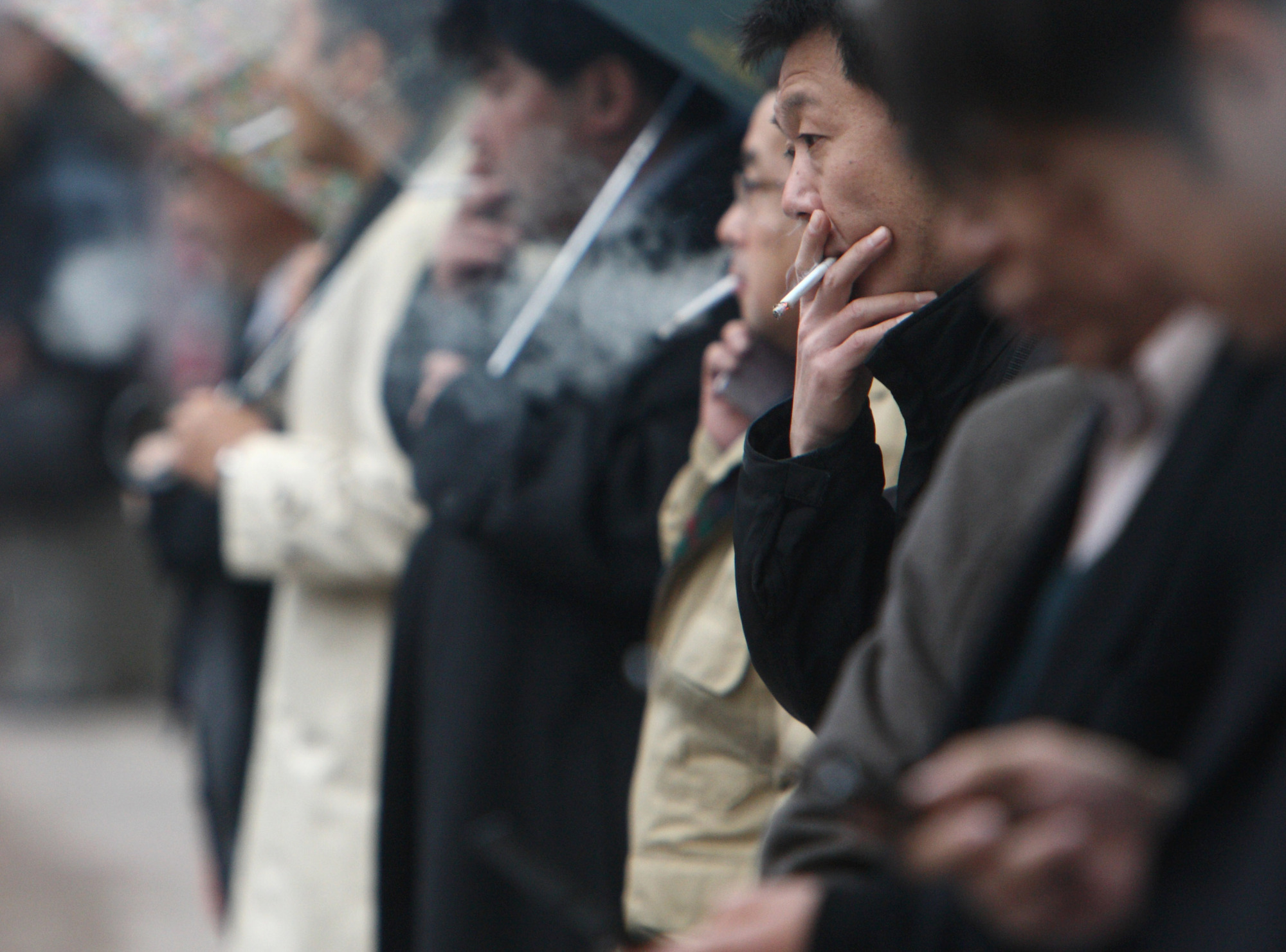Globalization, urbanization and air travel mean not only that disease respects no borders but that it can reach the scale of a pandemic in days. No country is immune, regardless of economic or military power. At the same time, emerging shifts in society, such as aging and increasing drug resistance, are challenging existing responses.
Japan has set the gold standard in national universal health coverage and is a pioneer in the development of new drugs. In less than half a century, it has transformed itself from a developing country rife with infectious diseases into the nation with the highest life expectancy. Public health programs now form the foundation of many of the World Health Organization's current strategies.
However, despite this tradition of public health, Japan is struggling with how best to tackle several complex issues. Japanese health care policy is still organized around 20th century thinking, and in one key respect, Japan has not even caught up to 20th century best practice: It lacks an empowered chief medical officer. This commentary explains the role that a CMO plays in public health policy and argues that the government needs to empower this position.



















With your current subscription plan you can comment on stories. However, before writing your first comment, please create a display name in the Profile section of your subscriber account page.